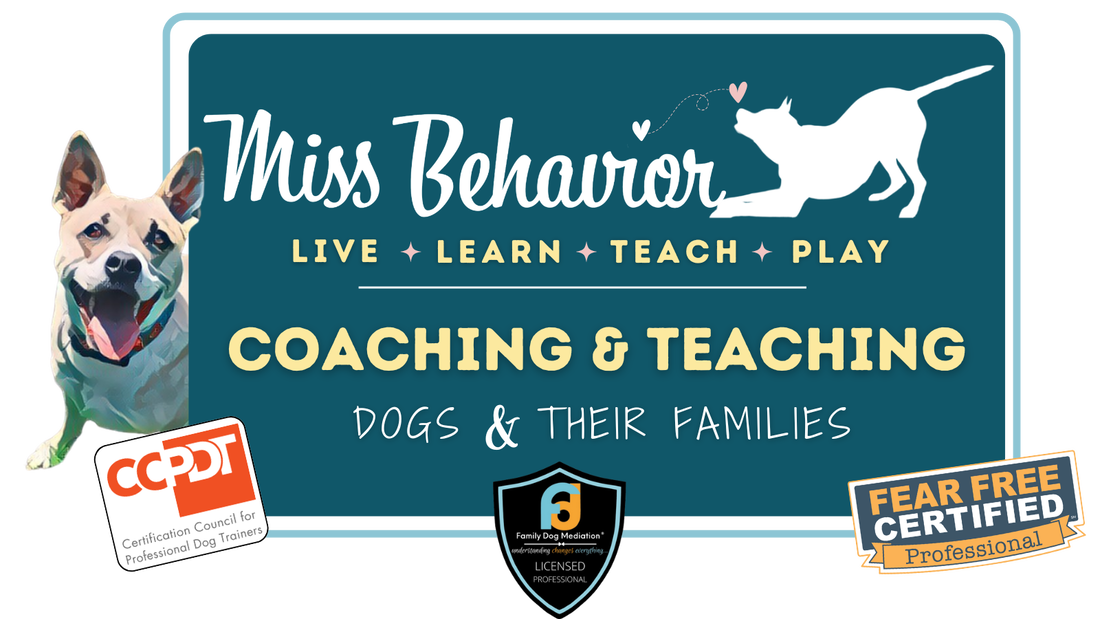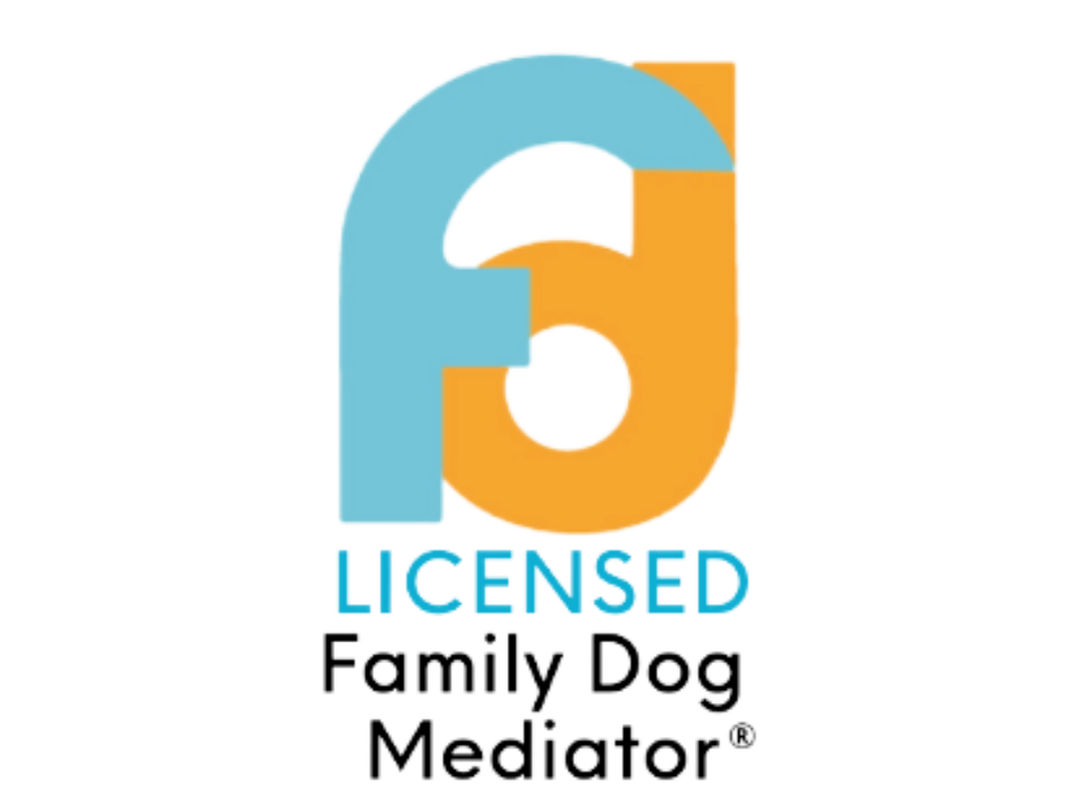How you talk to your dog makes all the difference in how he is likely to respond to youDuring a private training session the other day, I was asked a great question! As my client's husband was calling his dog over and had repeated "come" a few times in a row, she asked: "Aren't you supposed to only say the cue once?" This time, I saved her husband. What he did was actually exactly what I would do, mostly... I'll explain But first, let me ask you this: When you call your dog over to you, is your tone high or low? Do you say it once or repeat it over and over again? When you tell your dog to STAY, how is your tone then? How about LEAVE IT? How about when you ask your dog if he "Wants to go for a ride?" Think about how different your tone might be in all those different situations. What if you see a loose dog up ahead and you know it's not going to go well if that dog comes running over to your dog - might there be a change in your tone then, too? I think that's reasonable! But... Did you know that tone makes a huge difference in HOW our dogs respond to us? Ok, maybe you did but I would guess that you might still be underestimating the significance of it. The tone of your voice can influence your dog’s response and behavior. Volume matters too. If you are constantly yelling at your dog to stop doing this, or don't do that and your volume is often high, your dog will likely start tuning you out. Then, when something serious happens or you truly need our dog's attention to keep him out of potential danger, you may need to use that "mom voice" or "dad voice" but it won't affect your dog's response. Your dog simply won't be sensitive to the change. Ok so here's the deal:
This can make all the difference between a dog who sulks his way over to you when you call him, eventually and the dog who bounces his way happily and cheerfully to you. To each his own, but I would much prefer the eager, bouncy, happy recall response. If you want to build your dog's trust and want him to know that you are worth listening to because you're fun and rewarding, not for fear of not responding, then I would highly recommend that you aim for the same.
If you need more help finding that playful side of training, so the process doesn't feel like so much work, check out my Canine Homeschooler Academy - A membership to help you teach your dog through games and play at home!
4 Comments
4/5/2024 02:56:33 am
Your blog about why tone of voice matters to our furry friends is really helpful! I never realized how much my tone could affect my dog's behavior until reading your insights. Thank you for sharing such valuable information in a simple and easy-to-understand way. I look forward to reading more of your blogs in the future!
Reply
7/12/2024 09:41:40 am
Hello,, Personally when I first got Zeus( my dog) growing up it aggression became excessive, he could literally chase anyone and anything, my neighbors were really terrified of Zeus they won't say it to my face but I could personally smell their fear from miles away as the approach my compound.
Reply
Amymarie Roberts
9/14/2024 06:18:14 am
Hi there, any tips for a Jack Russell who is so sensitive to tone that when my husband and I are having a convo about something interesting/ general, she gets very worried and goes to hide? We are not shouting, or disagreeing- but she behaves as if we are. Any ideas and suggestions with how to help her recognise that she doesn’t need to worry would be greatly appreciated.
Reply
Your comment will be posted after it is approved.
Leave a Reply. |
|
- Home
- About
- Blog
- Services
- Membership
-
Courses & Freebies
- All Courses
- FREE Boredom Buster Recipes
- COURSE: Building Resilience in your Family Dog
- COURSE: Managing the Leash Walk
- Potty Training COURSE
- Paws Off COURSE
- COURSE: Managing the Leash Walk
- FREE Attention Building Challenge
- FREE Scratchboard Training
- FREE Rest and Recovery Round-Up
- FREE Body Language 101
- Contact
- Home
- About
- Blog
- Services
- Membership
-
Courses & Freebies
- All Courses
- FREE Boredom Buster Recipes
- COURSE: Building Resilience in your Family Dog
- COURSE: Managing the Leash Walk
- Potty Training COURSE
- Paws Off COURSE
- COURSE: Managing the Leash Walk
- FREE Attention Building Challenge
- FREE Scratchboard Training
- FREE Rest and Recovery Round-Up
- FREE Body Language 101
- Contact
Search by typing & pressing enter





 RSS Feed
RSS Feed





